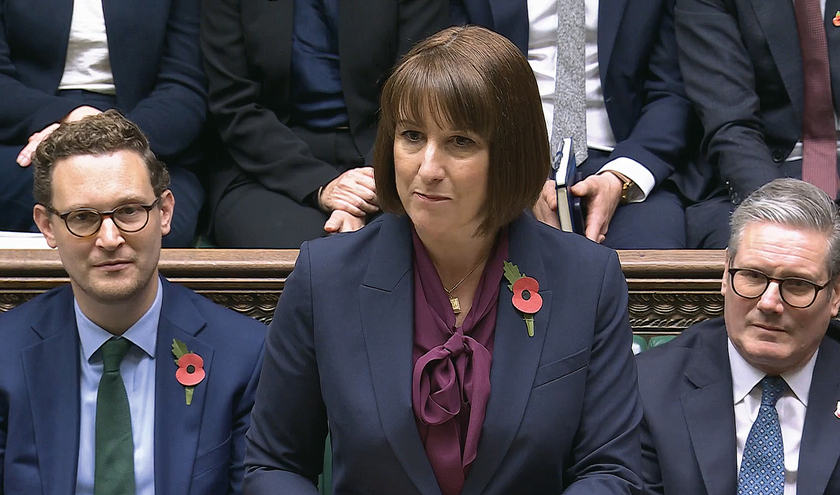Local government reorganisation – and the efficiency savings it will make – have been confirmed in Budget documents.
Plans for unitarisation, which will be detailed in an English devolution White Paper, were revealed exclusively by The MJ earlier this week.
While there was no mention of reorganisation in chancellor Rachel Reeves' speech, the small print of the Budget documents read: ‘The upcoming English devolution White Paper will set out more detail on the Government's devolution plans, including on working with councils to move to simpler structures that make sense for their local areas, with efficiency savings from council reorganisation helping to meet the needs of local people.'
Overall, local government budgets for 2025-26 will increase to £14.3bn, including additional grant funding of £1.3bn – at least £600m of which has been earmarked for social care.
Budget documents read: ‘Together with council tax flexibilities and locally-retained business rates, this will provide a real-terms increase in total core spending power in 2025-26 of around 3.2%.'
However, the employers' National Insurance rise is expected to swallow up approximately £270m of the funding, with minimum wage increases also impacting on budgets.
The Office for Budget Responsibility warned: ‘Pressures on local authority finances remain a substantial risk to our forecast. Local authority spending has fallen from 7.4% to 5% of gross domestic product (GDP) between 2010-11 and 2023- 24 and is forecast to continue falling to 4.8% of GDP by 2029-30.'
There was a further £1bn to ease the burden on special educational needs and disability, £50m for planning, and homelessness and rough sleeping will receive additional funding of £233m.
In addition, there was confirmation of a further year of the UK Shared Prosperity Fund and £1bn in levelling up funding.
There was a commitment to ‘extending and deepening' English devolution by ‘building mayoral capacity' on growth, with an end to funding for Local Enterprise Partnership functions, while Greater Manchester and the West Midlands will get integrated settlements.



